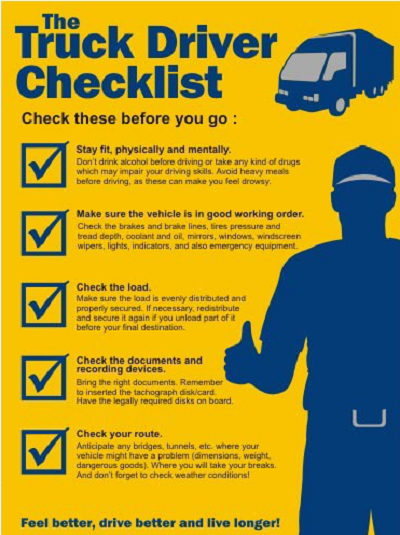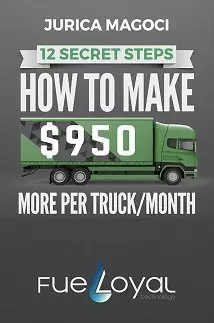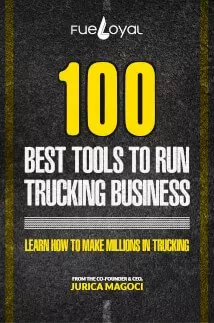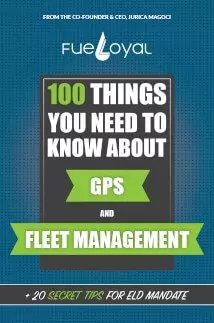Pre-plan all routes with GPS and/or other mapping/navigation software (also invest in a good old fashioned paper map book). Not only should you plan the route, check weather reports, traffic reports, and highway construction updates… any of which can cause a delay of hours or more. You also need to know where the best places for refueling, rest stops, weigh stations, and other conveniences.

A good driver knows how to balance the need of getting the freight to the dock on time and doing it safety. But a driver also needs to take care of their own wellbeing. So it is also important to know where to stop for decent meals and which truck stops have full service (to include showers and such).
Check the conditions of your truck. Vehicles always have to be in the best condition possible: changed oil, spare tires, fully loaded tool box in case you need to fix your truck alone. Take personal belongings that you carry wherever you go and you are personally attached to, and last but not least – the very, very important part here is the documentation. Make sure you have all documents needed and all your papers are in order- with other words take care of the legal side of this journey.
Schedule your trip so that you can get the best use of drive time without going over the hours/miles allowed. There was a time when it wasn’t as closely scrutinized, but now with the electronic logbook, hours of service regulations, the trucking company, and the demands of the customer, a driver must really pay attention. Remember this is isn’t just a legal and/or company requirement it is a safety issue as well.
One other thing that may seem obvious but can be overlooked, make sure you have all the information needed. This includes point(s) of contact, addresses, phone numbers, email addresses, and any other pertinent information.
Poor planning may result a few issues:






